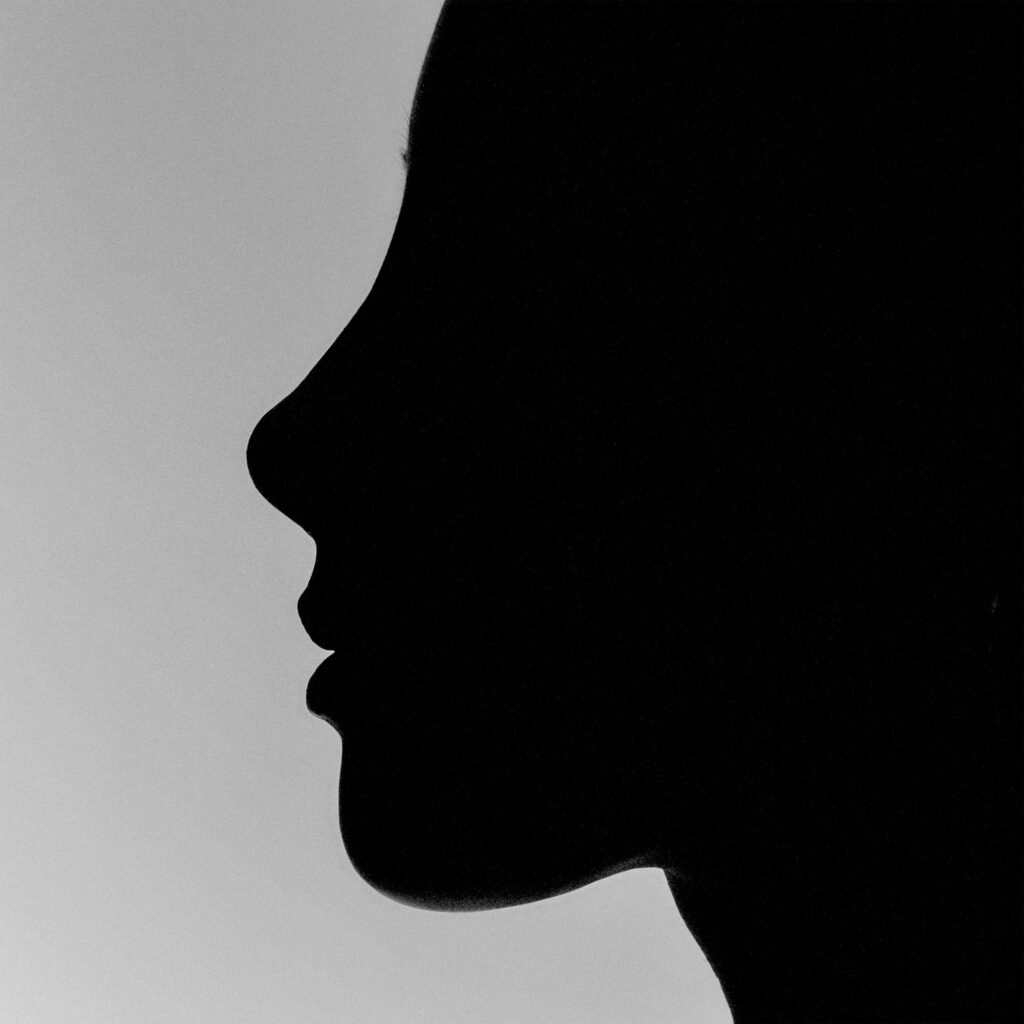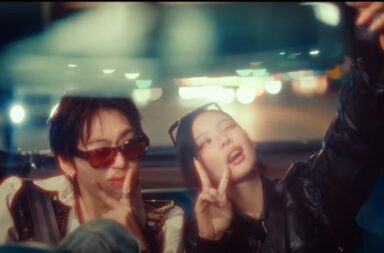
In the 21st Century, the Korean R&B scene can best be described as a self-produced ecosystem where experimentation and creativity drive the genre’s biggest offerings. It is also a genre that does not boast as much exposure as its older siblings K-pop and Korean hip-hop. Often the genre is forgotten about altogether on streaming sites. Heize and Gray are often labelled as hip-hop artists due to appearing on hip-hop oriented shows while Lee Hi and Crush find themselves attached to K-pop as their popularity grows and they sign away to major labels.
It seems to be in the identity of being a Korean R&B artist that you avoid fame. Zion-T being perhaps the prototype of an R&B artist balancing fame and anonymity. Dean is another example of an R&B artist that hides away, in his case due to the long process of creativity. These artists won’t be the first introverts to avoid the limelight but the world’s biggest stars have been introverted from Prince to Michael Jackson through to Frank Ocean.
It does seem that many R&B artists do not actively seek out fame, and the R&B scene having a lack of exposure compounds this effect. It is safe to say that the Korean R&B scene does not require its stars to be reclusive. It does, however, create a space where musicians can create their art without a lot of fuss or promotion.
What happens then when a K-pop star, utterly adored, supported by a monolithic label tries to integrate into this scene? It seems impossible — the scales of balance completely off. Yet, somehow there are stunning records such as Taeyang‘s White Night and recently: Kai‘s self-titled debut and Baekhyun‘s self-titled third EP.
These records all live in a distinctly R&B soundscape. Kai’s first mini album stands out due to its experimentation within R&B landscapes which you wouldn’t expect to find on a K-pop record. Kai is a mini-album that has more in common with Meloh than it does Ong Seong-wu. “Mmmmh” is an example of this, with a stuttering trap beat being held together by the juxtaposition of Kai’s gentle vocals; The most common of modern R&B conventions.
Baekhyun’s latest solo EP is more closely related to K-pop than Kai’s but still has a distinct R&B vocal delivery throughout. For example, there is an instant likeability to a track like “Get You Alone” it isn’t as immediate as BTS in “Dynamite” nor is it as aloof as Sunwoo JungA‘s “Multi-Playa” perhaps instead, a delightful in-between.
Baekhyun has released three EP’s in this mould, showing his insistence of style attached to R&B. This is similar to that of Jay Park and his sound which up until recently claimed popularity through sensual R&B hits.
With his continued success away from Exo, Baekhyun could establish himself in a manner similar to that of Mino, G-Dragon or Justin Timberlake, and Harry Styles. To create a seminal debut album, however, Baekhyun would have to dive further into the genre of R&B and in turn its scene.
Since Crush is currently serving his mandatory military service there are few representatives of Korean R&B without Baekhyun and Kai. For example, Colde‘s latest release, idealism peaked at 40th on the Gaon Charts while Kai’s debut peaked at 9th. Baekhyun’s latest is considered a Japanese release so its un-monitorable on Gaon Charts but Delight achieved the highest sales record for a solo album in the history of the Gaon Charts.
Colde is considered one of the most visibly active R&B artists in Korea with a strong international following but simply does not compare to EXO‘s solo acts. Colde did appear on MCountdown a lovely moment for Korean R&B but naturally, he didn’t chart. Interestingly, Colde also wrote and produced “Love Again” for Baekhyun’s Delight record driving home Baekhyun’s pursuit of an R&B tinged sound.
As a side note, Delight‘s Japanese album sales “only” came to 10,964 units of an overall 1 321 929 units. Showing that his newest EP, a Japanese debut is no coincidence but a carefully planned marketing move.
Many independent artists can learn from this! By noticing how low Baekhyuns sales numbers were in Japan compared to in Korea and China. His label pushed for noticeability in Japan. Many R&B artists in South Korea are beloved by fans abroad but do not tour outside of South Korea (pre-Covid).
Samuel Seo is one of Korean R&B’s most acclaimed artists, having won “Best R&B & Soul Album” awards at two of the Korean Music Awards (2016 & 2020) and is this year’s winner of Best R&B album of the year. Samuel remains a virtually unknown artist in comparison to Baekhyun.
His albums do not show up on Gaon charts; his singles rarely break the 100,000 views mark let alone the millions found on Baekhyun’s MVs. This is where the biggest discrepancy lies. One of the most acclaimed artists in R&B who largely self-produces all his music and technically exists in the same scene is utterly unknown in comparison to Baekhyun.
This dichotomy then becomes apparent where Samuel Seo, Colde, and Crush represent Korean R&B it is more correct to state that Baekhyun and Kai represent K-pop-R&B. The separation of spheres being that K-pop R&B is essentially K-pop in R&Bs clothing while Korean R&B is the genre from which K-pop R&B borrows its sound from. I’ll explain:
Baekhyun hasn’t won a KMA while Delight was nominated this year, in the Pop category, it lost to Yerin Baek. Yerin is another R&B artist whose music is considered K-pop while Every letter I sent you. is decidedly not.
The record is stripped back using primarily live instruments to attach themselves to Yerin’s introspective lyricism. Again, this is trademark modern R&B conventions at play. Yerin can even be considered an indie artist since she left the K-pop industry to start her own independent label.
Is it then that Yerin should be considered K-pop R&B? Yerin’s record did reach 2nd on the Gaon Charts higher than Kai while also winning the Best R&B album award on the Melon Music Awards 2020 a predominately idol focused award show.
The answer is similar to that of Colde’s. Colde is present in the K-pop sphere but his primary audience is R&B based. Yerin has transitioned to the R&B sphere but her core audience is still K-pop-based listeners. This is strikingly similar to Baekhyun’s critical reception the difference being that Yerin entirely produced and wrote her album with only two collaborators.
There are a handful of these idols who have acclimated into a scene, Zico probably being the most well-known in modern Korean music. Zico, a former idol, is now considered a leading figure in the Korean hip-hop scene. “Any Song” was nominated for both hip-hop song of the year and pop song of the year.
The key element with Zico’s acclimation into the hip-hop scene was that he self-produced his music and is connected to other artists in his scene. The telling sign of an artist being accepted by his peers in a music scene is them working together.
By doing this, Zico has brought attention to a plethron of other artists. my favourite being Dvwn and Elo. Mino recently brought attention to DPR Live while Yerin Baek brought attention to Car, The Garden. Jay Park started two different labels, with that thought process in mind, bringing attention to artists creating great music in his scene but lacking attention.
Dean’s collective turned label You.Will.Knovv brought attention to Tabber and Rad Museum. Occasions also occur where something as simple as Lisa dancing to Miso‘s “Take Me” brought millions of viewers to her MV. The simple act of covering a song by an R&B artist could bring them attention. A huge component of the Korean R&B scene is artists working together with other musicians.
Unfortunately, records such as Kai and Baekhyun do little to bring attention to the scene it borrows from. The linear notes of these records are the only place to find recognition of the R&B scene. Junny for example is credited as a co-writer on “Mmmmh”.
Now, this may just be my hot take but a track like “Mmmmh” may have benefitted from a Junny feature in the same way Colde and Baekhyun singing together on “Love Again” sounds like an all-kill track to me. It’s this lack of interaction by some idols that hints at the point that the Korean R&B scene does not even benefit from these mega-artists, more disappointingly it just takes away attention from R&B artists in the country.
Instead of a Kai feature on a Junny track, which would catapult his career, Junny will receive monetary gain. This isn’t to stand up for said artists, these artists are likely proud of this scenario. This isn’t a new scenario in music or an evil concoction made by K-pop labels but observations that go against the ethos of R&B within South Korea.
Therefore, while this brand of R&B is refreshing in the world of K-pop and an interesting step forward for the ever-growing genre it should not be seen as part of the Korean R&B scene. More of an imitation of the challenging art that continues to come out of the Korean R&B scene.
The value of Kai is not limited to his stunning ability as a dancer but also his sensibilities and vocals as an R&B artist. Baekhyun has the potential to affect R&B the way Zico has affected Korean hip-hop. His EP run shows his affinity to the R&B sound. With more artists such as Baekhyun and Baek we may see the return of R&B-orientated TV shows such as Breakers and a bigger spotlight for the genre.
In return, the R&B scene can offer a place for K-pop stars to further their solo careers. K-pop’s greatest gift is the fame that allows artists to become Jay Parks for their scene. One can only hope this is the case with Baekhyun and Kai as R&B deeply needs these members to push the genre forward so here is to hoping!
Our team works hard to share critical perspectives of K-pop daily, all on a voluntary basis. Donate via Ko-fi (ko-fi.com/seoulbeats) or join our Patreon (patreon.com/seoulbeats) to keep us going!
(Naver, Gaon, KHA, KMA, Melon YouTube (1)(2)(3)(4)(5)(6)(7)(8)(9)(10)(11)(12), Image via Twitter)


